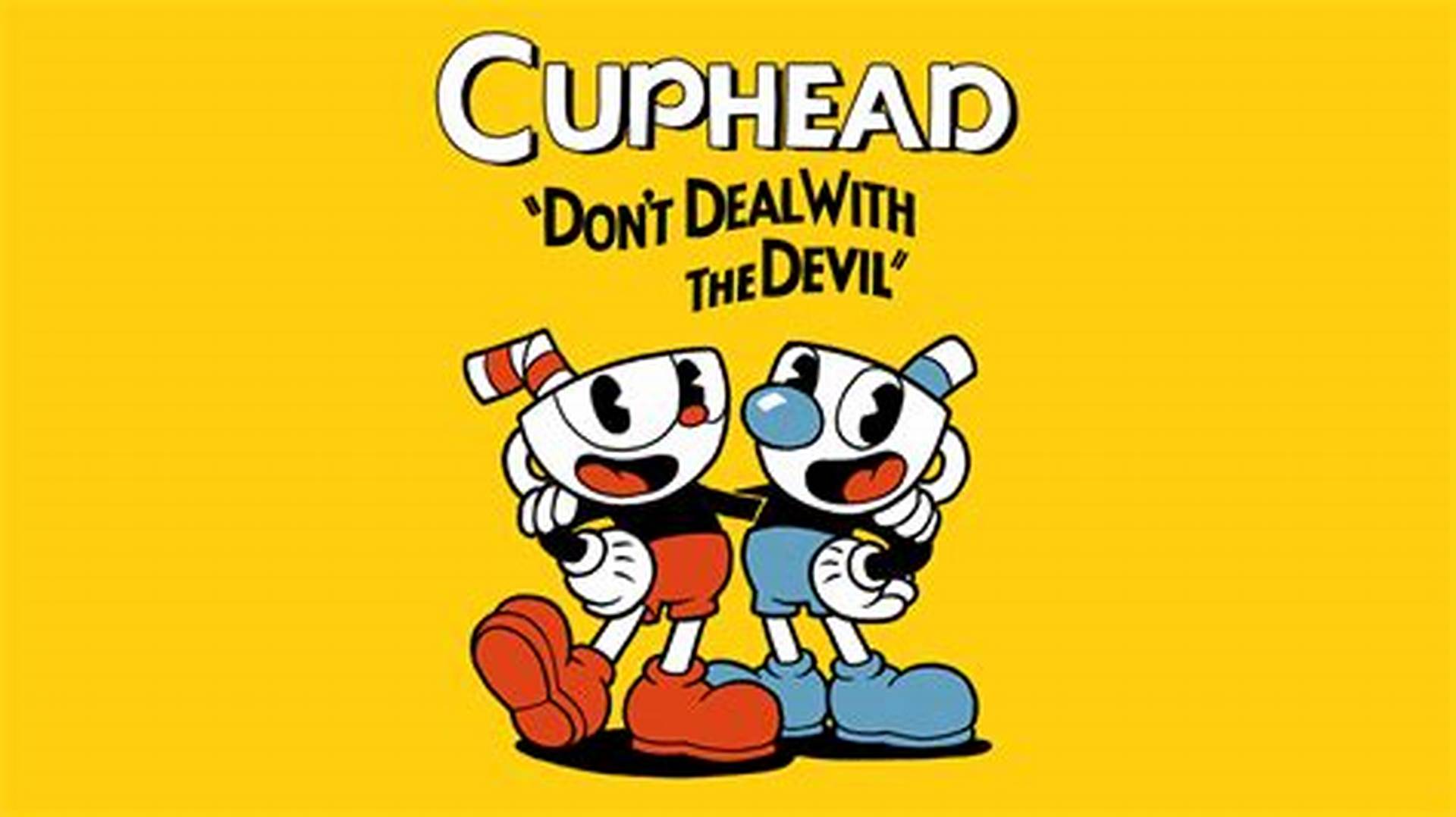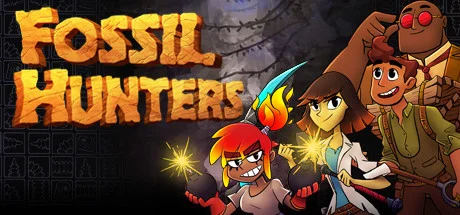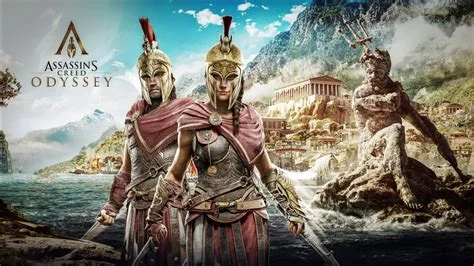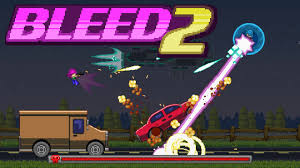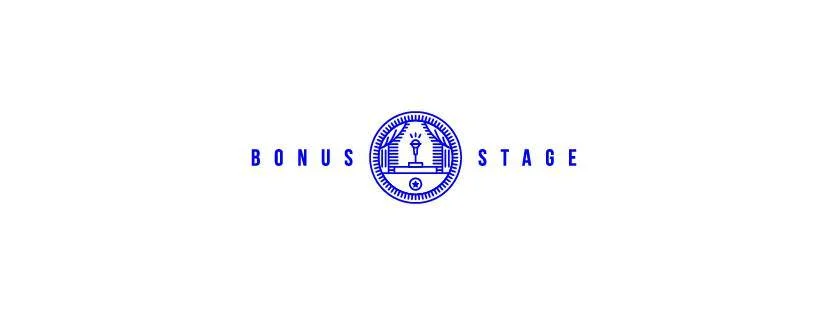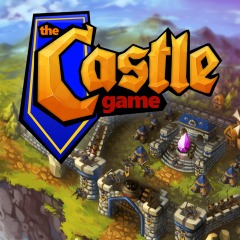Guest Post - Tips on getting OMDC’s IDM Fund for a video game project
/Our friend Danny Forest from Power Level Studios is back, and was kind enough to let us post his most recent Medium post on how his studio got OMDC funding. Check it out below, and make sure to follow Power Level Studios on Twitter and FaceBook.
Disclaimer: These tips are based on my own experience with OMDC. They are not endorsed by OMDC. They may or may not work for all studios.
The idea to write this article comes from a private message we received on Reddit:
“[…]how was the OMDC process if I may ask? We are also from Toronto and thinking of applying this year with a roguelike we are making, and would love to hear about the process from someone who has been throw it if you had a moment =)”
Go To The In-Person Information Sessions
For every new round, there are always a few information sessions you can attend. Kim usually present the program and you have the opportunity to ask any questions you may have.
Go see her after the presentation. Introduce yourself and your project. Ask relevant questions. Show you care.
When you do talk to her, make sure you sound passionate. For the information session, try to stay on topic too, she’s always busy and there are other people who have questions as well.
Ultimately though, the jury chooses the winners of the grant, but I have a feeling she has some say in it. I could be wrong. It never hurts to make a good impression on the people managing the program!
Go To Local Events
There are plenty of good events to go to in Toronto. Kim attends them frequently. She even goes to local game launch parties. I met her for the first time at Massive Damage’s Halcyon 6 launch party.
If you can see who attends events you want to go to, look for Kim Gibson. I won’t share any photos here for privacy reasons.
Another great reason to go to the local events is for the other developers you meet. Having connections in the industry really helps. You never know when you’ll meet someone to partner with, cross-promote, etc. And also, the jury is composed of people in the industry. Any good impression you make during these meetups can increase your reputation.
If you don’t live in Toronto, drive to some events. Pick the ones you think will have a bigger impact. [Steve's Note - We have an events page here on the website.]
Write Freaking Good Documents
This is an obvious one, but I really mean it.
This is a competition. Other studios will write awesome documents. Be interesting. Do not be corporate. If you’re not a good writer, hire one.
When you think it’s good enough, do better. Go from good to great.
Share with people you trust to give you brutally honest feedback. If someone says it’s shit, listen to them. If they say it’s good. Improve until they tell you it’s the most amazing thing they’ve ever read.
Aim freaking high. Other studios will.
Only a few select studios get it. Everyone is great. You’re likely competing against studios who have a track record and you don’t.
Make All Your Documents Pretty
To me, this is another obvious one, but I don’t know how pretty other studios make their documents. Our documents look awesome.
Put game art, concept art, design special layouts. Make EVERY page appealing visually. Graphs are nice. Good tables may look appealing too when done right.
If you don’t have an artist helping you with that, you’re screwed. Just being honest here. I found great artists on Upwork.com before I had my team, just to make a good visual representation of the game.
Make sure though that it still looks good when printing. Some members of the jury may print the documents.
Be Impressive
Definitely easier said than done.
When we originally applied for concept definition, we didn’t have a team outside of the two co-founders and had never released a game yet.
We did however have a good track record of working in the industry for other studios and working on projects that were successful.
Here’s what I did to look impressive:
Advisor Network
I sought out a network of advisors for Power Level Studios. People both in and out of the industry. People in games, other businesses, finance, etc. I looked for people with good credentials that I could trust to tell me the truth.
If you don’t know anyone, again go to local events and connect with people. CEOs and other important people do go to them.
Awesome Team Resumes
Make it shine, both visually and professionally. Don’t just print your LinkedIn profile, unless it’s really awesome. For your artists, they need to have someone visually stunning.
Track Record of Founders
Ultimately, investors invest in people. Be awesome. Show you can do great shit. If you haven’t released anything yet, show prototypes of awesome stuff you can do. Show you work great as a team.
Get Featured Somewhere
For our second application, we were lucky enough to have gone through Square Enix Collective and received a very good rating. Do your best to get your project featured somewhere that matters. This mostly applies for Production.
Have A Team In Place, Or Prove You Can Form One
The first time I applied, the team was me, my co-founder and an unnamed artist.
That was one of the negative point of our application. This hurt our credibility a lot. The point of our application for Concept Definition was to come up with a game prototype and define our art style. Yet we didn’t have an artist.
We didn’t hide that though. We did explain how we’d fix that weakness.
If you do have the team in place already, that’s a major plus.
Have A Good Project
As in, not a clone of another game with a different theme.
They want you to show some innovation, but also that you can sell the game and make money. Another Candy Crush clone doesn’t qualify.
Combine ideas from different genres. Combine ideas from awesome games. Design something unique.
If you’re a small studio, be realistic. Present a project that’s not too ambitious and not to easy.
Present your idea to potential gamers. When applying to IDMF, only present ideas that generate VERY positive reactions from the gamers you talked to.
Never Lie / Be Realistic
When I asked for feedback on my first application, a very positive point from the jury was that they saw how honest and realistic I was about everything.
I didn’t hide any weaknesses. I showed them how I’d overcome them. With precision. Always.
My numbers were backed by data I’ve analyzed. When I had to estimate things, I explained my reasoning.
Never put numbers you can’t “prove”.
Meet All Deadlines
If you were realistic to start with, that could be a non-issue. If you send your application before the program deadline, that won’t go unnoticed.
If you do get the grant, respect your milestones. If you can’t meet your milestones, don’t lie about it.
Limit Deferrals As Much As Possible
You are allowed to defer payment for work done on your project. For a small studio with limited funds, it’s hard to avoid that. But make sure you limit it to the bare minimum.
Invest your own money. Ask friends and family to invest as well. This shows how serious you are about the project.
If 50% of the budget comes from OMDC, provide 30% yourself. The more the better.
Apply For Concept Definition Instead Of Production
If you have no credentials yet, apply for Concept Definition. If you have an ongoing project currently, apply for a new project. You can’t have started the project beforehand, so it has to be a new one.
Concept Definition is less competitive, and less risky for everyone. Plus, you receive money to build prototypes, how awesome is that! You get paid to make a better design of your game.
Once you receive the grant for Concept Definition and deliver successfully, it’s much easier for them to give you more money when you’re ready for Production.
Business And Marketing Plan Is The Most Important Document For Production
In one of the information session, Kim said that was the most important document.
I took that seriously. I spent a shit-ton amount of time polishing that one. Again, make the text and the visuals awesome.
For Projections, Do Worst Case, Normal Case and Best Case Scenarios
This shows you’ve done research and are as realistic as you can be. No one can fully predict what’s going to happen. Prove that even if you reach the worst case scenario, you still benefit from the project.
Research your competitors, pretend you’re going to perform worse than your worse competitor. Put your numbers in the worst case scenario.
For normal case, pretend you’re going to do exactly like your worse competitor.
For best case, pretend you’re going to be doing a little better than your worse competitor.

